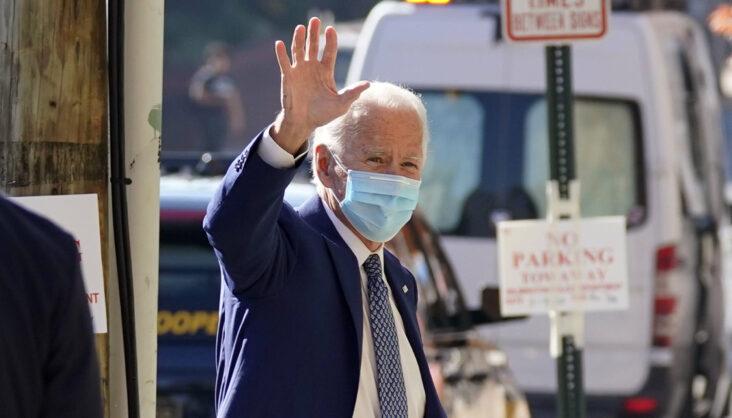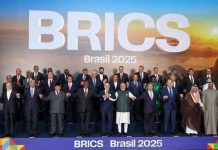Africa-Press – Mauritius. The US, in addition to dealing with the Covid-19 pandemic domestically, is confronted with additional security policy choices, including shouldering the burden of leadership as less powerful countries look up to it for support. The US currently has about 5,000 troops stationed across Africa.
However, as the US military grapples with wars on multiple fronts such as in Afghanistan and Iraq, in addition to the tensions in the Middle East emanating primarily from Iran, it does not wish to find itself entangled in a series of endless wars in Africa.
Indeed, a campaign promise made by President Donald Trump was to bring an end to the ‘endless wars’ US troops are currently involved in. US drawdown The US seems to be pulling troops from the continent, but this is likely to have negative consequences.
For example, the planned US troops drawdown in Somalia ahead of elections could potentially disrupt the already fragile peace and security in the country.
The short-term implications of a drawdown of US presence in Africa, particularly during the Covid-19 era, could have dire consequences for America’s national security interests on the continent owing to the rise of extremist groups in places such as the Sahel, while also giving room for a vacuum on the continent that China would readily exploit economically, which invariably contradicts US strategy against China’s rising influence.
Counterterrorism policy The US counterterrorism policy is largely security-centric, focusing on training and equipping local forces, with little attention paid to the political dynamics of the region.
The emphasis on US security assistance and the over militarisation of counterterrorism has in some ways led to corruption related to arms deals (this has been the case in Nigeria and in Niger).
There is however an urgent need to re-evaluate US counterterrorism policy in the region to guarantee better results especially in light of the Covid-19 pandemic.
The global pandemic offers an opportunity for US security policy towards Africa to focus on preventive measures towards counterterrorism rather than reactive measures as the case has been.
For a start, the US airbase in Niger that costs $110m and is being considered to be shut down as part of the planned American drawdown in the region can be put to a different use.
The airbase, originally used for intelligence gathering and logistics, can serve as a focal point for providing much needed medical supplies and food to cushion the effects on the healthcare services and ill-equipped hospitals in the region in addition to mitigating the effects of the humanitarian crisis during the current Covid-19 era.
This has been the case in supporting Nigeria and Senegal in the Sahel during the pandemic. There is a need for US involvement in the region to focus more on helping states to promote good governance through institutional reforms, in addition to supporting better security sector governance and reforms.
US security policy in Africa going forward needs to include assurances that political leaders across regions are held accountable for making certain that they work towards delivering public services and public goods, thereby improving state-society relations. Limitations However, there is only so much the US can do in another sovereign state without the state’s buy-in.
Unfortunately, most of the weak and fragile states on the continent, predatory in nature, and corrupt, are more concerned about ensuring the continued existence of patronage and rent-seeking structures that help to perpetuate their leaders in power rather than pursuing peace and security.
In some instances, they have used divisive tendencies such as ethno-religious differences to pitch citizens against each other for their own political gain. This has led to years of neglect of governance and nation-building, resulting in underdevelopment and weak institutions.
In order to see success on the continent, the US must be willing to work closely with local actors – such as supporting the work of civil society organizations on the ground.
A more pragmatic US security policy towards Africa during the Covid-19 pandemic should be one that clearly engages key individuals and groups, thereby fostering open dialogues which are necessary for resolving local and national conflicts by including traditional rulers, youth and women, rather than alienating them.
Bottom Line US security policy in Africa must ensure emphasis is made on accountability and transparency by states across regions as a condition for partnering with the US.
The Biden administration must exercise political will in this regard if it wishes to attain any meaningful results in its national security policy towards Africa in a COVID-19 era and beyond.
For More News And Analysis About Mauritius Follow Africa-Press







